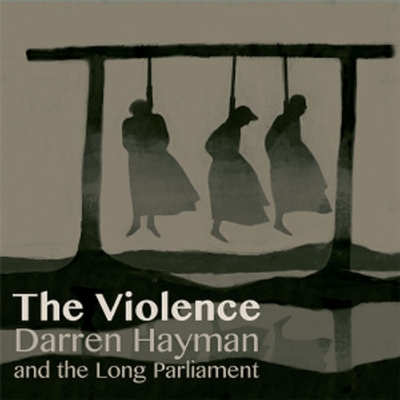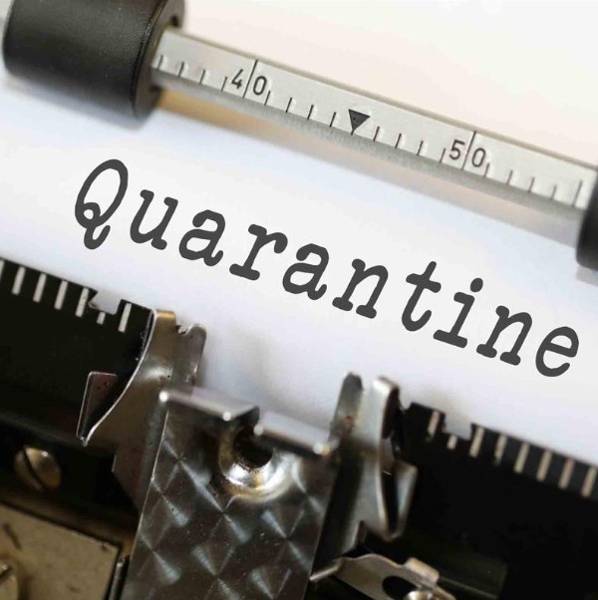 Time changes the way in which we perceive historical tragedy. I recently watched The Sealed Knot Society re-enact an English Civil War battle. The Civil Wars claimed more than 100,000 lives, but this revisited version seemed playful and harmless; like selfish schoolboys, the soldiers wouldn’t play dead when shot. The English Civil War can be played as a game in this way, but it would be inadvisable to reconstruct, say, the Siege of Sarajevo for a little while yet.
Time changes the way in which we perceive historical tragedy. I recently watched The Sealed Knot Society re-enact an English Civil War battle. The Civil Wars claimed more than 100,000 lives, but this revisited version seemed playful and harmless; like selfish schoolboys, the soldiers wouldn’t play dead when shot. The English Civil War can be played as a game in this way, but it would be inadvisable to reconstruct, say, the Siege of Sarajevo for a little while yet.
Time has also distanced us from the tragedy of the East Anglian Witch Trials. Between 1644 and 1646, during the English Civil Wars, approximately 300 women were killed on suspicion of being witches. I have been researching the subject for a collection of songs, but it’s hard to find material that doesn’t want to titillate. Books spend pages describing the details of imps, demons and interrogations and little on the contextual or social reasons for the mass persecution.
My new album is called The Violence, and concerns the witch trials set against the backdrop of the English Civil Wars. When I read up on the history of this period, the colourful sensationalism notwithstanding, the story so fascinated me that I quickly understood how the songs should sound. I wanted to approach the subject with a serious intent but found it tough going, lyrically.
I am aware of how much information and exposition songs can carry before they stop working: there are limits to what songs can be about. They are flimsy vehicles; they collapse when overloaded with back-story. To my mind, songs should always have an emotive kernel, a passionate intent. People don’t listen to music for history lessons.
The album had to be humanist in outlook. I wasn’t interested in curses and spells per se, but, rather, the reasons why certain people in the 17th century associated what were, for the most part, simply lonely, unattached women with such supernatural phenomena. Fear was going to be the central theme of the songs; both fear of persecution and the fear that drives it.
A central issue I wanted to address was violence. The media’s almost constant spotlight on all manner of global hostility tends to neuter our reaction to base brutality. In reality, violence is sharp, random and utterly bewildering. I wanted the fear and aggression in my songs to be real and never salacious. I felt that both these themes – fear and violence – could connect listeners to the historical events.
East Anglia was a Parliamentarian stronghold in 1645. It was a remote, isolated area, away from the Civil War battlefields. In this environment puritan beliefs were allowed to grow to their illogical conclusion. Ungodliness and popery could be seen to be everywhere. Things were taken to such an absolute extreme that only the blind were seen as truly pure. Paranoia in times of war helps us erase the expendable.
The “witches” were nearly all widows and orphans, left with few financial options other than begging. Their accusers were usually families or people central to the community to whom these women were a burden. I believe that the Witch Trials were fiscally expedient culls driven by fear and justified by faith.
Imps, devils and demons populate the songs on this record, but in the form of hallucinations and paranoiac imaginings only. I have tried to make a humanist album about a human condition. I wanted to express fear’s tenacious grip and how it can twist into spite and unreason.
Other, more positive human attributes could not be suppressed. The album also contains love songs, odes to beloved dogs and wistful dreams of escape.
It’s an album about people, not witches.
The Violence by Darren Hayman and the Long Parliament is released on 5 November 2012. You can buy it at Darren's website, Hefnet.com. You can also listen Darren discuss the album, and hear two tracks, "We Are Not Evil" and "The Laughing Tree", in the November edition of the Rationalist Association podcast.

